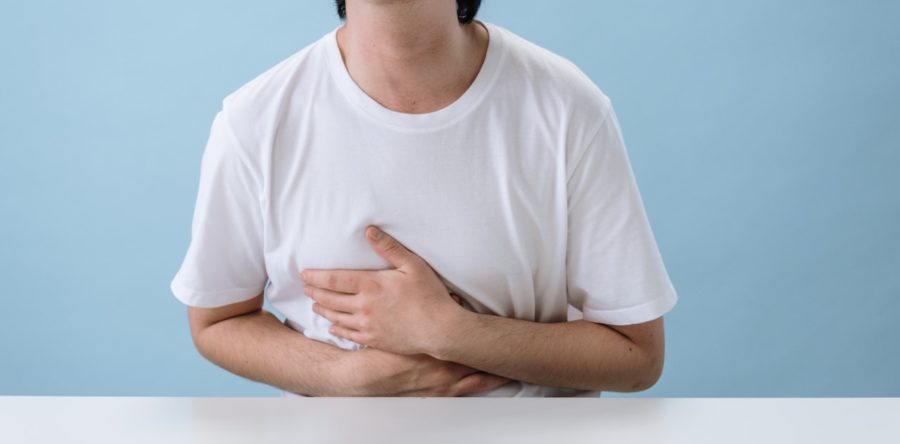Abdominal pain is a common problem that affects people of all ages. The causes of abdominal pain can range from simple, benign conditions to more serious, life-threatening conditions. However, most cases of abdominal pain are not serious and can be treated effectively. It's essential to know the common causes of abdominal and pelvic pain, so you know what you need to do should you encounter it.
Abdominal Pain and Its Causes
Abdominal pain is a common symptom that can be caused by a variety of conditions. It is important to know the different causes of abdominal pain so that you can seek the appropriate treatment.
The most common causes of abdominal pain include:
- Gastrointestinal Problems: Problems with the gastrointestinal tract are a common cause of abdominal pain. Conditions such as indigestion, heartburn, constipation, diarrhea, and gas can all cause abdominal pain.
- Infections: Infections of the stomach, intestines or urinary tract can all cause abdominal pain.
- Muscle Strains: Straining the abdominal muscles can cause pain. This is often seen in athletes who perform repetitive motions such as running or weightlifting.
- Kidney Stones: Kidney stones can cause severe abdominal pain when they pass through the urinary tract.
- Pancreatitis: Pancreatitis is a condition that occurs when the pancreas becomes inflamed. It can cause severe abdominal pain.
Pelvic Pain and Its Causes
Pelvic pain is a type of abdominal pain that is felt in the lower abdomen, below the navel. It can be caused by a variety of conditions.
- Endometriosis: Endometriosis is a condition in which the tissue that lines the uterus grows outside of the uterus. This can cause severe pelvic pain.
- Pelvic Inflammatory Disease: Pelvic inflammatory disease is an infection of the reproductive organs. It can cause severe pelvic pain.
- Ovarian Cysts: Ovarian cysts are fluid-filled sacs that can develop on the ovaries. They can cause severe pelvic pain.
- Uterine Fibroids: Uterine fibroids are non-cancerous growths that can develop in the uterus. They can cause severe pelvic pain.
- Ectopic Pregnancy: Ectopic pregnancy is a pregnancy that occurs outside of the uterus. It can be very dangerous and can cause severe pelvic pain.
What to Do When You Have Abdominal or Pelvic Pain?
When you experience abdominal or pelvic pain, it can be a frustrating and even scary experience. However, there are some things you can do to help ease your pain and get to the bottom of what is causing it.
First, try to identify the location and nature of your pain. Is it a sharp pain, a dull ache, or a cramp? Is it centralized in one area, or does it radiate to other parts of your body?
Once you have a better idea of what you're dealing with, you can take some steps to help ease the pain. If your pain is caused by gas or bloating, try drinking peppermint tea or taking a warm bath. For cramps, put a heating pad on your stomach or take a pain reliever like ibuprofen.
If your pain is more severe, lasts for more than a few days, or is accompanied by other symptoms like fever, vomiting, or diarrhea, it's important to see a doctor. They can rule out more serious conditions and help you find the treatment you need.
Conclusion
Abdominal and pelvic pain are common symptoms that can have many different causes. It's important to pay attention to your body and seek medical help if your pain is severe or lasts for more than a few days.
If you're suffering from abdominal or pelvic pains that do not require medical intervention, Whitehorse Physiotherapy is here to help. We use the most effective, proven treatments to help you recover faster and improve your quality of life in no time. A Whitehorse pelvic physio will work with you to come up with the best intervention for your condition. Schedule an appointment today and let our physiotherapists in Whitehorse improve your recovery.





